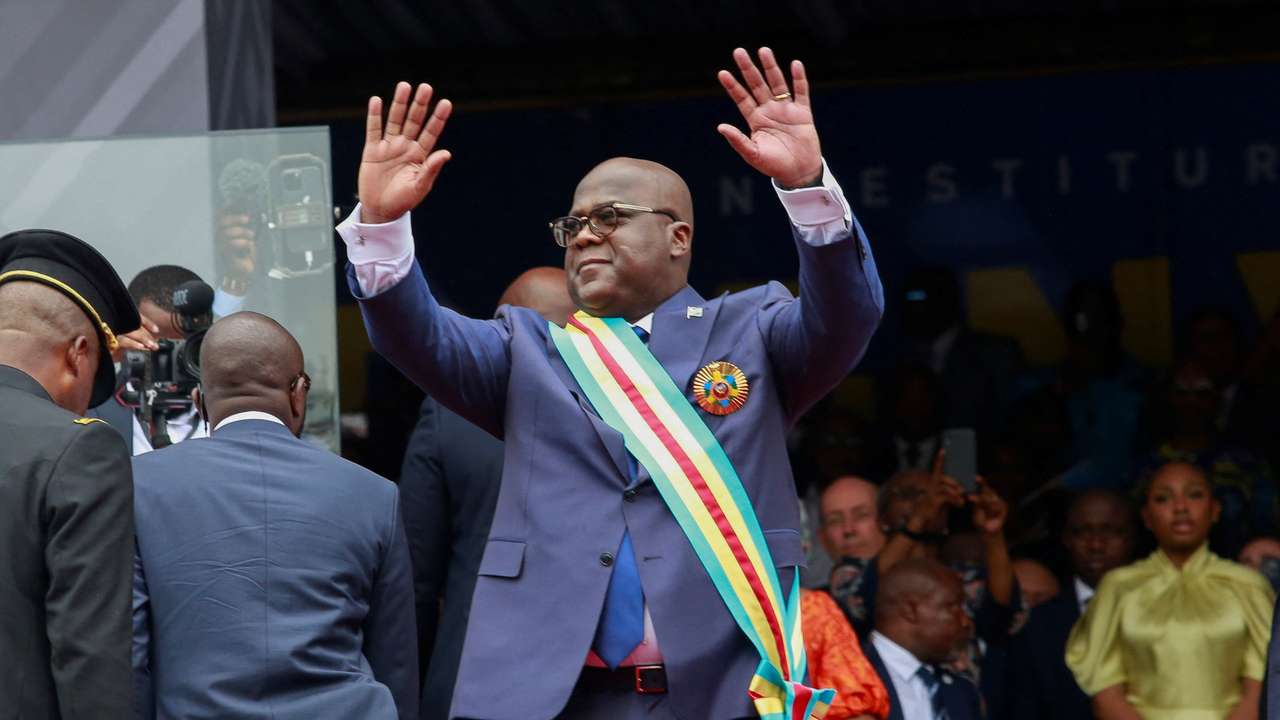How the DRC is championing "positive masculinity" with key appointments

Amid ongoing conflict, President Félix Tshisekedi and his government are being recognised for advancing gender equality and boosting female leadership in the Democratic Republic of Congo (DRC).
Tshisekedi, who has been celebrated for his commitment to "positive masculinity," has taken steps to ensure women have a stronger presence in leadership roles.
In an interview with Global South World, Chantal Chambu Mwavita, the Minister of Human Rights for the DRC, indicated that women now occupy 31% of cabinet positions.
“We are in the process of providing all possible means for women to get their place, Mwavita said. Today, our government is led by a woman and we, the ministers, represent about 31% of the members of the government.”
In 2022, Tshisekedi was appointed the first-ever African Union Champion of Positive Masculinity, a recognition of his ongoing efforts to promote gender equality and combat gender-based violence.
While highlighting an African Union men’s conference to tackle a surge in violence against women, he spoke about the need for “radical change” and reaffirmed that gender equality should not be considered a "gift" given to women, but a right.
“Because equality is not a gift given to women,” Tshisekedi said.
In April 2024, Judith Suminwa was appointed the country’s new Prime Minister, following the resignation of Sama Lukonde. This was the first time a woman had held the position in the DRC.
Fred Bauma, a prominent human rights activist in the DRC, in a podcast also commended the government for appointing women with proven expertise to key positions.
“And I think most of them appear to be people who are known to be technocrats or competent people in their field," Bauma said.
"You have a Minister of Education, Minister of Foreign Affairs, and a few others who are, I think, good signs of both the inclusion of women in the government and putting competent people in the right place,” he added.
A recent study found that the “positive masculinity” approach has helped break down barriers to sexual and reproductive health (SRH) services, including family planning, for women and girls.
Watch the full interview here: